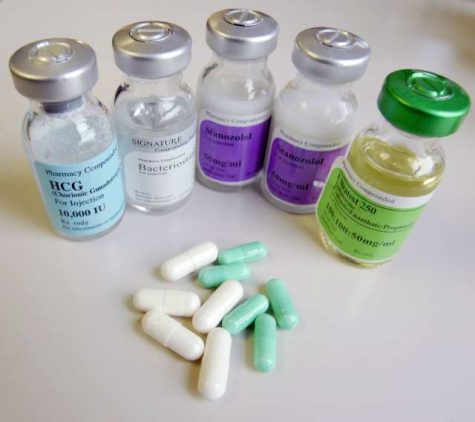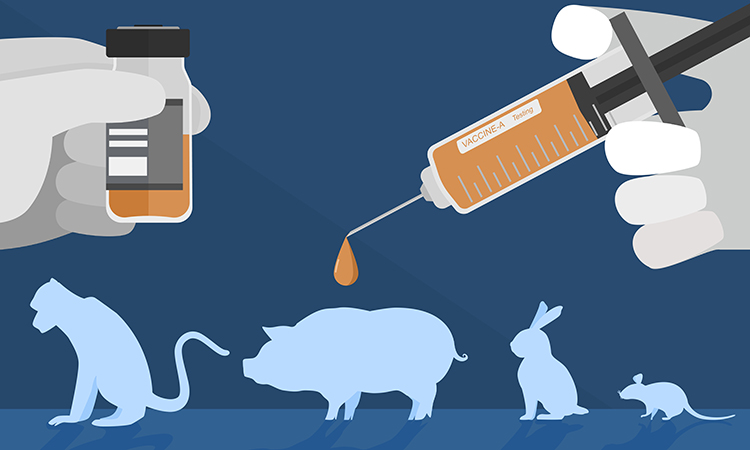Is transitioned competition doping?
But that doesn’t mean all of it should be banned
Should anyone that is transitioning to the opposite gender be allowed to compete where they choose?
May 11, 2023
The Olympics are the end all be all for most sports. Athletes dedicate their entire lives to achieve gold and worldwide recognition, pouring their heart and soul into their performance. With their careers on the line it comes at no surprise that some athletes would compromise their integrity to gain an advantage over their competitors.
The use of performance enhancing substances is the majority of these cases and it’s more prevalent than you might think.

Taking a look at the difference between the average high school sprinter, college sprinter, and Olympic qualifier, we see how fine the sifter in natural talent really is. 90% of Olympic sprinters broke 11 seconds in the 100 and mile runners routinely post sub 5 minutes miles. This is insane considering the average high school athlete runs at around 13 seconds and mile runners 6 minutes.
A huge shift can be seen when an athlete goes pro or even moves into college level competition which can likely be due to adequate dieting plans, efficient and consistent workouts, and proper coaching.
An improper secret is held, though, for only the most committed athletes. Those who dedicate their lives to their sport may take the training beyond their own bodies capacity for work.
PEDs, or performance enhancing drugs, are substances designed to do one thing and one thing only: increase performance. Depending on the actual compounds and one’s cycle it can have varying effects on different parts of your body’s muscular performance.
One of the most well known substances, testosterone, is used for rapid muscle growth, higher energy, and quicker muscle recovery. There are other substances such as HGH (human growth hormone) and mixtures such as Tren which have become popular of late. Substances such as these are banned in almost every form of competition, are deeply frowned upon, and seen as taking unfair shortcuts.
Studies involving PEDs tell us that prolonged use permanently changes your muscle fiber ratios, biomechanics and chemistry meaning even previous users hold an advantage over their competition as the body holds muscle memory and regaining muscle takes much less time than building it.
So what does this have to do with transitioned/nonbinary competition?
Similar to how taking testosterone, for example, has effects past the actual period of use, an athlete who was previously a biological male will have on average, more muscle fibers of every type, endurance, and explosiveness regardless of any suppressors they may be on.

This is not to say that all transgender and nonbinary athletes should be limited or banned from competition. Still, should those who previously naturally produced high testosterone (males post puberty) be allowed to compete in women’s athletics? Should biological females who have or are taking testosterone regardless of the dosage? Does this shift athletics away from a fair, balanced system?
Until doping is officially allowed in athletics, there should be few exceptions. Some would argue these rules would violate human rights but without substantial scientific data comparing athletes in different stages of puberty, life, and more, taking a firm stance in either direction is difficult to support. As of now 18 states have banned the competition of transitioned athletes and more may follow, but without substantial data to support them they may be making a poor decision.
Until more research is done, until we understand the biological realities of different bodies, and until we have better methods of performance enhancing methods, we should stay where we have been.





































